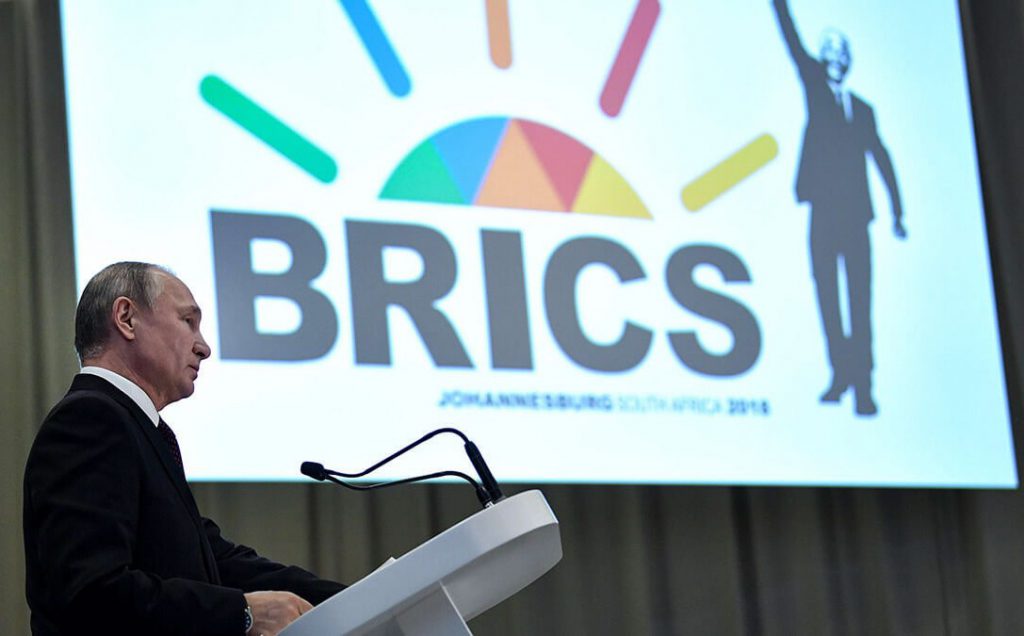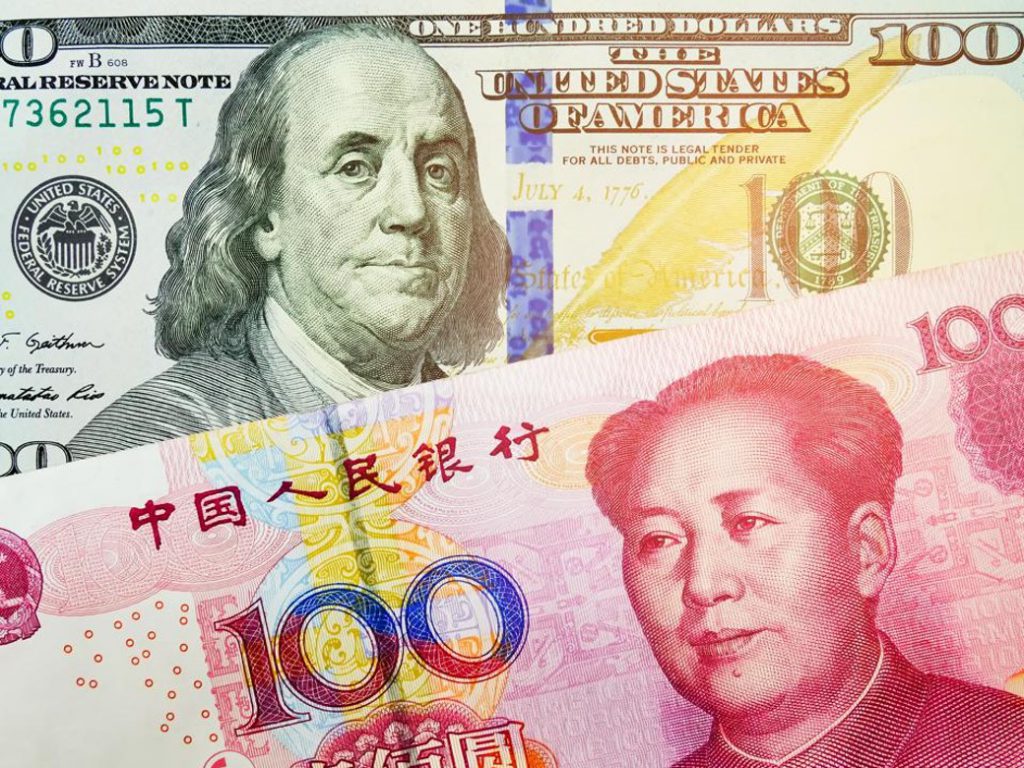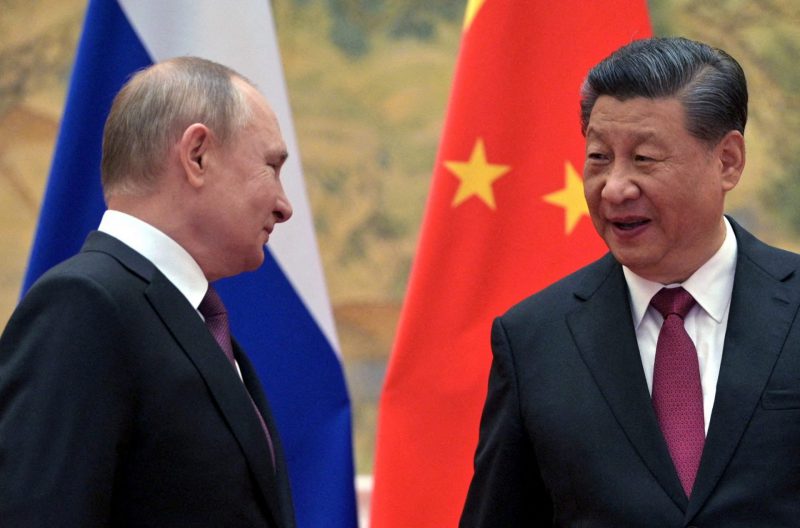In what is certainly a testament to BRICS fortified de-dollarization plans, Russia and China are reportedly in talks regarding yuan loans. Indeed, Russia’s Finance Minister, Anton Siluanov has confirmed ongoing discussions between the two countries.
Siluanov confirmed that similar discussions have been “going on for a long time,” but that no decisions were made at this point. However, he also did not disclose if a decision on the loans was imminent. Yet, he did note that the talks were going on as far back as “the end of last year at the inter-ministerial dialogue.”


Also Read: BRICS to Launch a Single Currency Similar to Euro?
Russia Seeking China’s Yuan Loans Amid BRICS Local Currency Push
Throughout the past year, the BRICS economic alliance has been consistent in its stance against the US Dollar. Indeed, that has led the way for an increased global shift amid the United States’ unsettled economic outlook. Subsequently, the alliance has instead turned toward its currencies.
Now, that decision could take a step forward for the bloc’s chairmanship holder for 2024. Indeed, the BRICS alliance has seen Russia and China engage in talks regarding potential yuan loans for the sanctioned nation. Indeed, Russia’s Finance Minister confirmed the talks have been ongoing according to a Reuters report.


Also Read: BRICS: 30 New Countries Prepare To Join Alliance in 2024
“Negotiations with Chinese partners have been going on for a long time. So far, there is no decision,” Siloanov stated. “We discussed this topic at the end of last year at the inter-ministerial dialogue.”
Despite the European Union (EU) and G7 nations freezing 300 billion euros- worth $3232 billion) Following the Ukraine invasion in 2022, Russia’s budget is “under control” according to Siloanov. Revenues for the nation have been reported higher than expectations. However, that appears to be a result of less spending as a whole.
Still, China’s potential loans in the yuan will be critically important on several fronts. Not only does it promote continued local currency use, but it decreases US dollar reliance by proxy. The situation is a byproduct of the steadfast commitment to de-dollarization by the collective initiated for the last couple of years.





